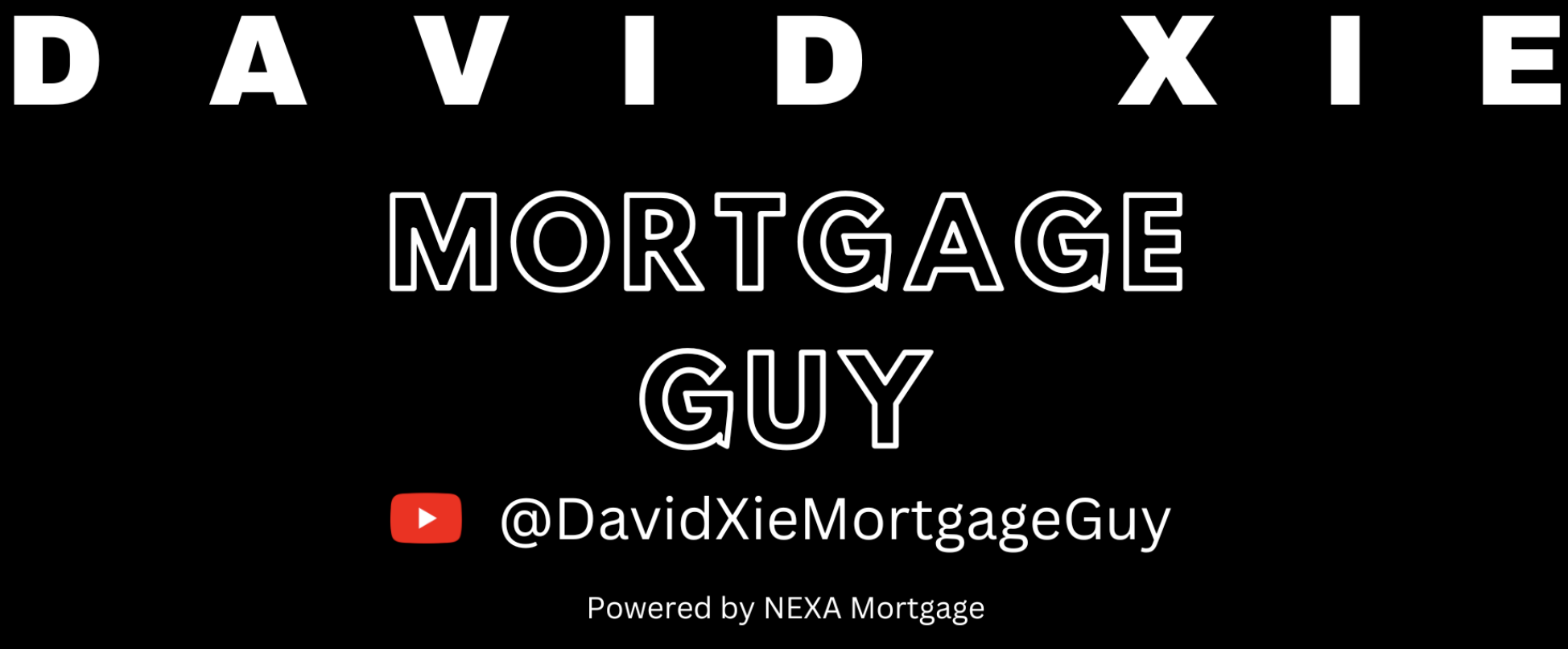When buying a home, it’s easy to focus solely on the purchase price, but there…
Documents to Keep for Renters
Essential Documents to Keep for a Smooth Renting Experience
Renting a home can often be easier and more straightforward compared to owning property. However, having certain documents readily available can significantly streamline the renting process, especially in the event of an emergency. Keeping track of these documents ensures that you are prepared for any situation that might arise. Here are several key records that you should always keep accessible to ensure a smooth renting experience.
Lease Agreement
The lease agreement is a crucial document that outlines the terms of your rental arrangement. This agreement specifies the lease start and end dates, the amount of monthly rent, and any other applicable stipulations or conditions. It’s essential to review the lease agreement carefully and keep a copy for your records. By understanding the terms outlined in this document, you can avoid potential disputes and ensure that you comply with the landlord’s requirements throughout your tenancy. Additionally, knowing your lease terms helps in planning your move-out process and addressing any issues that may arise during your lease period.
Community Rules and Regulations
Community rules and regulations play a significant role in defining the standards for living within your rental community. These rules may cover aspects such as when you can take out your trash, how to pay your rent, and noise regulations that must be followed. Sometimes, these rules are included in the lease agreement, but they can also be provided as a separate document. It’s important to familiarize yourself with these rules to ensure that you adhere to them. Maintain a good relationship with your landlord and neighbors. Being aware of these regulations helps in preventing potential conflicts and ensuring a harmonious living environment.
Maintenance Requests and Records
Knowing how to submit and follow up on maintenance requests is crucial for addressing any issues that may arise in your rental home. Whether it’s a burst pipe or a malfunctioning appliance, having a clear process for requesting repairs is essential. Keep records of all maintenance requests you submit, as well as any responses or outcomes. This documentation helps both you and the landlord track recurring problems and ensures that necessary repairs are promptly addressed. Additionally, having a record of these requests can be beneficial if disputes arise regarding the condition of the property or the timeliness of repairs.
Insurance Policy Documentation
As a renter, it’s advisable to have an insurance policy in place to cover the belongings inside your rental home. Understanding how to file a claim and knowing what is covered under your policy is crucial. While you may choose to keep your insurance policy documentation online for convenience. It’s also wise to maintain a hard copy backup. This backup can be invaluable in situations where you need to access your policy information quickly or if you encounter technical issues with your online access. Having this documentation readily available ensures that you can promptly address any insurance-related matters that may arise.
Amenities Passes and Access Cards
If your rental community offers amenities such as a pool, parking facilities, or a gym, you may be provided with passes or access cards for these services. Even if you don’t use these amenities frequently, it’s important to keep track of these passes in a convenient location. In some cases, your community may charge a fee if you need to replace lost or misplaced passes. By keeping these passes secure and easily accessible, you can avoid additional costs and ensure that you can enjoy the amenities available to you without any inconvenience.
By keeping these essential documents and records organized and accessible, you can simplify your renting experience and address any issues that arise with greater ease. Proper documentation not only helps you manage your tenancy effectively but also provides peace of mind in case of emergencies or unexpected situations.





